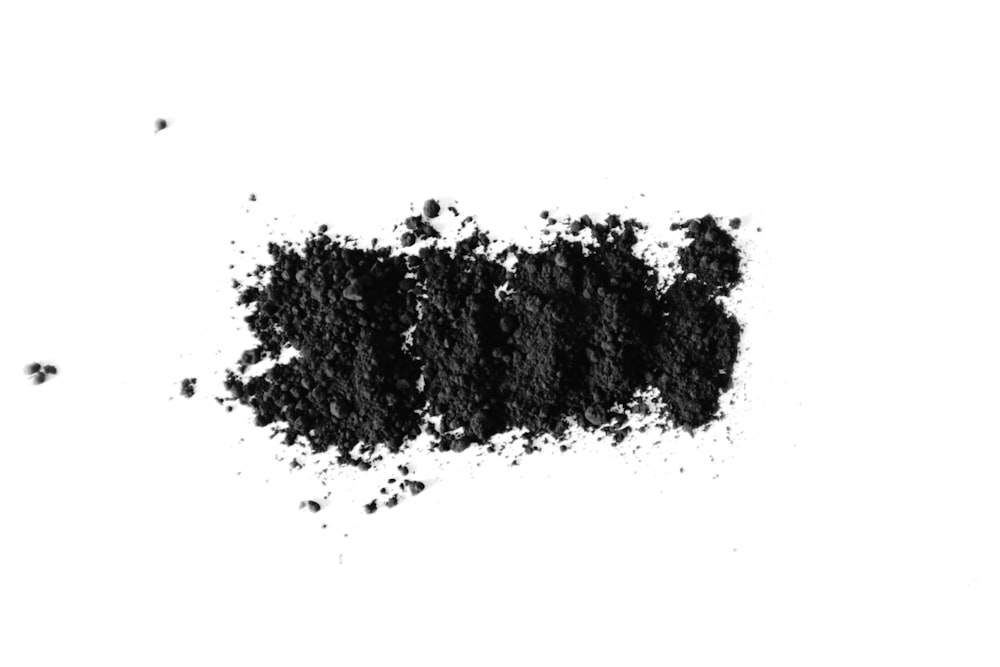Activated charcoal has emerged as a hot new health trend, not only in terms of food health but also in the realm of dental care. However, even if it appears healthy, it might be harmful to your teeth. Here’s all you need to know about it.
The Origins Of Activated Charcoal And How Does It Work?
Activated charcoal is a black powder created from charcoal that has been burnt. Because it’s porous enough to absorb some poisons, activated charcoal is routinely used to avoid poisoning. Activated charcoal is completely safe and absorbs toxins and poisons in the stomach. Both animals and humans can benefit from this substance. As a result, activated charcoal is now used in various meals and soaps.

Because activated charcoal is used to remove stains from the teeth and make your teeth seem brighter and whiter, toothpaste with activated charcoal is meant to whiten your teeth. It doesn’t have to be in form of toothpaste: some people simply buy activated charcoal powder and do it the same way they would with baking soda. However, while this may appear quite efficient at first, there are certain risks involved.
What Can Happen To Your Teeth If You Use Activated Charcoal
Activated charcoal can help you to lighten stains on your teeth because it is made up of small, abrasive granules that wear the stains away. This is similar to baking soda, which is also not advised by many dentists.
Because charcoal is abrasive, it may cut through plaque and begin wearing away your teeth’s enamel. Your teeth will just become sensitive to cavities and discomfort since enamel cannot be restored.
What Are The Results Of Studies Using Activated Charcoal?
One of the reasons dentists are cautious about prescribing charcoal toothpaste is because it has yet to be proven to be effective. Because activated charcoal absorbs toxins in the stomach, it’s commonly used in health cures, but that doesn’t imply it’ll help your teeth.
Because no studies have demonstrated that applying activated charcoal over your teeth improves your dental health, you may not reap any advantages.
Side Effects Of Activated Charcoal
Since stains and plaque have been scraped away, your teeth seem to be brighter in the short term. However, with time, your tooth enamel will deteriorate. The “flesh” within your teeth, called dentin, will begin to appear. Because the dentin is a deeper tint, your teeth will appear darker. According to some dentists, activated charcoal may potentially have the opposite result.
Long-term usage of charcoal will be progressive since tooth enamel cannot be regrown. If you opt to use this approach, be careful not to damage anything other than the plaque itself.
Can You Use Activated Charcoal To Whiten Teeth?
With all of this in mind, while charcoal tooth lightening isn’t necessarily a good thing for your teeth, it isn’t necessarily the worst option. Some dentists recommend using it once a month to remove stains from your enamel.
Fine charcoal toothpaste won’t harm your teeth if you’re cautious, and charcoal is completely safe to consume. However, there is an alternative, better, and healthier way to enhance your teeth’ appearance and condition, dentist teeth whitening.
The reality is that most types of at-home teeth whitening are risky somehow. Bleaching agents can induce tooth sensitivity that lasts a lifetime. Baking soda and charcoal are abrasive compounds that can wear down your tooth enamel and increase your risk of dental problems. It is safer to get your teeth whitened by a professional. Make an appointment with Dandenong Denture Clinic now to begin your consultation. Let us know in the comments if you have ever tried teeth whitening at home…



